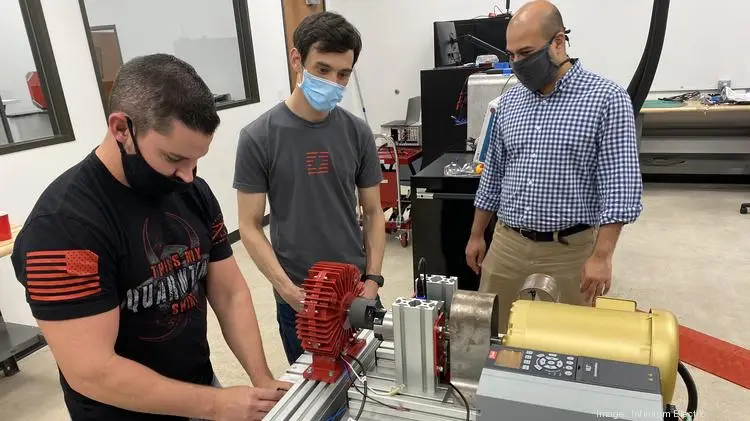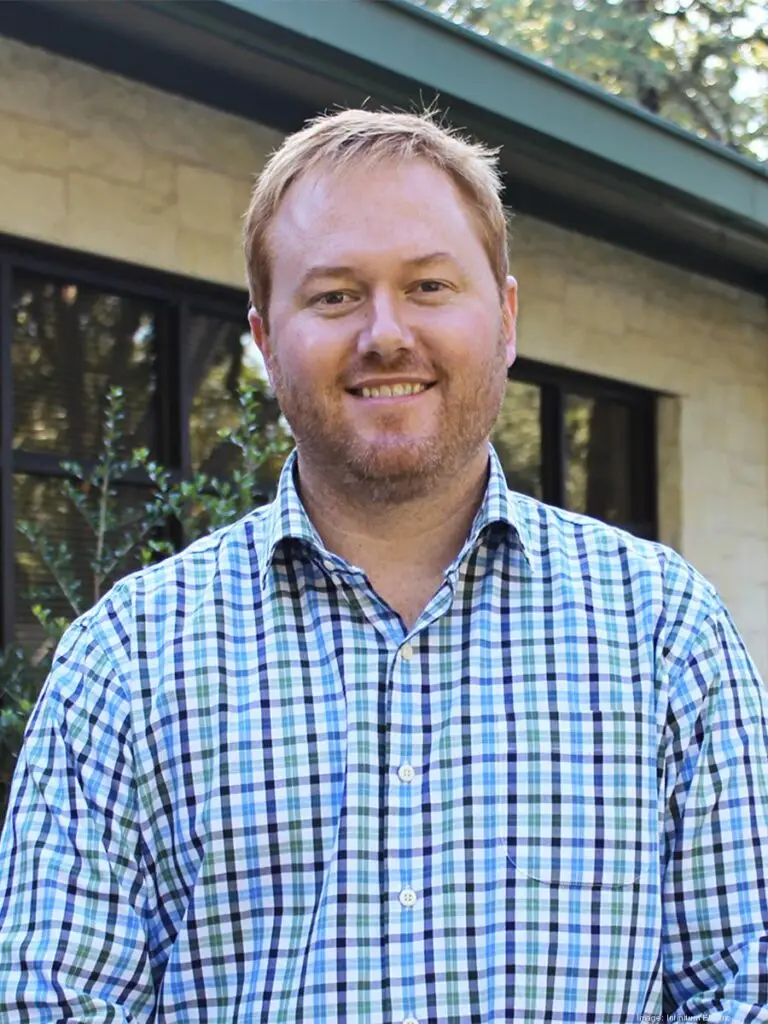Infinitum Electric CEO lays out hiring, production goals as startup expands into Central Texas’ hot EV sector

By Mike Cronin – Staff Writer, Austin Business Journal
Add Infinitum Electric Inc. to the list of players shaping Central Texas’ growing electric-vehicle sector.
The Round Rock-based electric-motor recently scored a deal with an undisclosed major automotive supplier. Executives have disclosed plans to hire 30 new local employees in 2021 and ship 5,000 motors — and tens of thousands the year after.
Infinitum Electric is disrupting the electric-motor industry with its innovative design. Printed circuit boards replace the iron and copper components historically used in electric motors, which reduces their size, weight and cost. CEO Ben Schuler, who founded the startup in 2016, said the design also significantly improves the motor’s efficiency. And, Infinitum Electric motors may be manufactured “right where they are consumed” — an enormous benefit for the company’s original equipment manufacturer customers.
“On average, our motors are 10% more efficient [than traditional electric motors] overall,” Schuler said. “If all motors in the world were Infinitum Electric motors, we would reduce electricity consumption by 1.2 trillion kilowatt hours every year, and eliminate 860 million metric tons of [carbon dioxide] every year.”
Schuler said a nondisclosure agreement prevents him from revealing the automotive supplier with which Infinitum Electric is working until the partnership is “further along.” But, the CEO shared that the company is “testing our circuit-board technology with oil-cooling techniques they use in existing cars.” One of Infinitum Electric’s motors ultimately will be used for “hybrid assist” power trains, to create more efficient hybrid vehicles, according to the announcement.
Schuler predicted those experiments would yield “exciting results,” at which time the two business would be able to announce “a more formal partnership.”
Infinitum Electric refers to its new partner as a tier one vehicle component manufacturer. Those types of companies generally boast operations throughout the world and may employ hundreds of thousands of people. Among the parts they supply are power trains, suspensions, chassis and whole engines. Examples include Canada-headquartered Magna International Inc. (NYSE: MGA), Ireland-based Aptiv PLC and Michigan-headquartered BorgWarner Inc. (NYSE: BWA).

An expanding industry
The entry into the electric-vehicle market is an expansion of Infinitum Electric’s business. Schuler purposefully began first by making and providing electric motors for the heating, ventilation and air conditioning, or HVAC, sector because of its lower entry barriers, he said. Regarding the EV market, Schuler promised “a lot more to come.”
Central Texas has become a national hub for electric-vehicle companies in 2020. California-headquartered electric-vehicle manufacturer Tesla Inc. (Nasdaq: TSLA) is on track to open its gigafactory, currently under construction in East Austin, next year, founder and CEO Elon Musk said in October. That facility also could include a battery cell manufacturing unit.
Hyliion Holdings Corp., a Cedar Park-headquartered trucking-technology company, went public in October. The startup makes both hybrid and fully electric power trains for tractor-trailers. It also manufactures suspension systems and other tractor-trailer components. The hybrid version is already on the market and the company plans to roll out a demo of the fully electric version in 2021 and begin volume production in 2022.
Round Rock-based Ayro Inc. (Nasdaq: AYRO), a special-purpose electric-vehicle manufacturer, in September announced a deal of more than $300 million that would produce more than 20,000 electric vehicles by the end of 2023. Those vehicles primarily will be for food delivery, with some being used for other “micro-distribution” tasks.
And Volcon Inc., an all-terrain electric vehicle company, is building its headquarters in the Austin area.
A report released Dec. 15 by the Austin-based Texas Advanced Energy Alliance found that the electric-transportation sector in 2019 contributed about $690 million to Texas’ gross state product. Statewide last year, according to the report, more than 1,200 electric-transportation-related businesses employed more than 7,100 people. Of those, 273 worked in Travis County, 32 worked in Hays County and 83 worked in Williamson County, alliance spokeswoman Monique Hanis wrote in an email.
By 2024, the number of people working in electric transportation in Texas will climb to 13,500, according to the Texas Advanced Energy Alliance.
Infinitum Electric currently employs 22 full-time workers and “a handful of contractors,” Schuler said. The company intends to fill roles in engineering, operations and sales and marketing next year. The CEO expects the workforce to total between 50 and 55 by the end of 2021.
Two high-profile recent hires were Bahar Anvari as senior research and development engineer and Richard Lee as principal technical architect.
Anvari joined the company from competitor Asea Brown Boveri Ltd. (NYSE: ABB), which does business as ABB, a Switzerland-headquartered power, heavy electrical equipment, robotics and automation technology company, where she was a research and development associate engineer. Anvari holds a doctorate in electrical and electronics engineering from Texas A&M University.
Lee camed to Infinitum Electric from Frencken America Inc., a Washington-headquartered machine-manufacturing company, where he was director of engineering for roughly 12 years.
Schuler considers legacy electric-motor companies as competitors, such as ABB, Boston-headquartered General Electric Co. (NYSE: GE) and TECO Westinghouse Motor Co., which has a large corporate campus in Round Rock.
“There are electric-motor startups out there,” Schuler said, “but we have such a differentiated solution, I don’t see them as competitors.”
Infinitum Electric boasts a total of eight customers. They include Minnesota-based fan manufacturer Twin City Fan Companies Ltd.; Oklahoma-headquartered Acme Engineering and Manufacturing Corp., a fan, blower and ventilation equipment manufacturer; and Kentucky-based Comefri USA Inc., a fan and blower manufacturer. It shipped about 100 motors this past year.
Schuler said the company’s Round Rock facility is about 20,000 square feet, and has enough space for perhaps the next 36 months, after which the CEO would begin searching for a larger space. He declined to identify the commercial real estate broker who helped secure the company’s current digs at 700 Jeffrey Way.
He declined to share revenue figures and said Infinitum Electric is not yet profitable — by design. “We reinvest all our profits into the company,” Schuler said, adding that he expects the company to be profitable in two years.
The company in December 2019 closed a series B funding round of $12.5 million. Santa Fe, New Mexico-based Cottonwood Technology Fund led that round. Infinitum Electric has raised $15.2 million total.
This story has been updated with additional information from Infinitum Electric CEO Ben Schuler on when he expects the business to become profitable.

